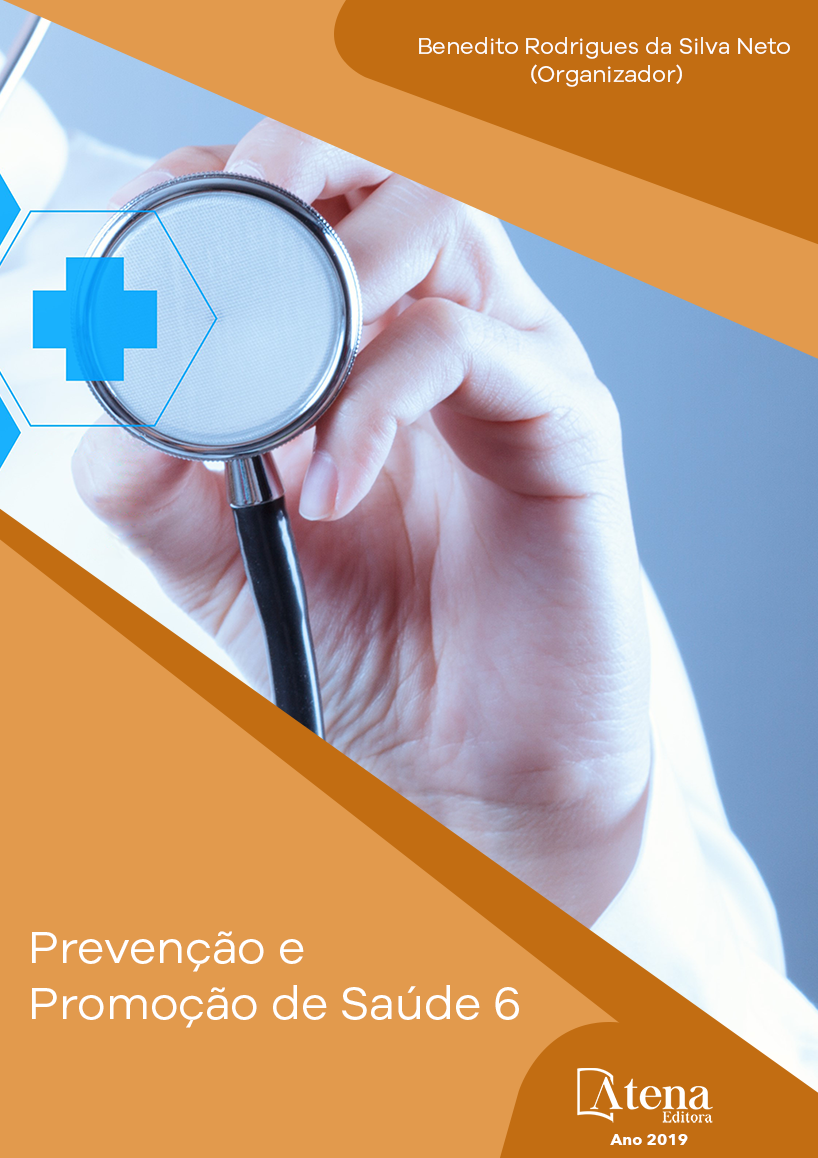
RELATO DE EXPERIÊNCIA EM UM POSTO DE COLETA DE LEITE MATERNO: ações educativas
O aleitamento materno é considerado o alimento mais completo que o recém-nascido/lactente pode receber, sendo recomendado, pela Organização Mundial de Saúde (OMS), que nos primeiros 6 meses de vida, seja exclusivo. Sua manutenção em lactentes nascidos pré-termo é um grande desafio para os profissionais de saúde, por serem estes pacientes os que apresentam maior risco para morbidades. O estímulo à amamentação e sua prática durante a internação, requer a atuação de forma continua e persistente dos profissionais de saúde, e exige que os mesmos tenham treinamento adequado para promover e apoiar o aleitamento materno exclusivo (AME). O relato tem por objetivo descrever as experiências vivenciadas por enfermeiras, em um posto de coleta de leite, com mães de neonatos prematuros, evidenciando-se a importância do papel dos profissionais de saúde, nas ações educativas relacionadas à lactância. Observou-se que a antecipação do parto age diretamente no processo de amamentação, por gerar instabilidade emocional nas parturientes, pela imaturidade do neonato, e pela percepção diferenciada que primíparas e multíparas têm desta vivência. Conclui-se que as ações educativas desenvolvidas, no posto de leite e a atuação da enfermagem contribuem de forma positiva no processo de amamentação, podendo influenciar tanto nos índices como na duração do AME. Assim sendo, a educação em saúde de orientação e apoio ao AME, desenvolvida pela enfermagem no posto de coleta de leite, desempenha papel fundamental na promoção, proteção e apoio ao aleitamento materno.
RELATO DE EXPERIÊNCIA EM UM POSTO DE COLETA DE LEITE MATERNO: ações educativas
-
Palavras-chave: Aleitamento materno, neonato, prematuro, educação em saúde, enfermagem
-
Keywords: Breastfeeding newborn, premature, health education, nursing.
-
Abstract:
Breastfeeding is considered the most complete food that the newborn / infant can receive, being recommended by the World Health Organization (WHO) that in the first 6 months of life, be exclusive. Its maintenance in preterm infants is a major challenge for health professionals, as these patients are at greatest risk for morbidity. The encouragement of breastfeeding and its practice during hospitalization requires the continuous and persistent action of health professionals, and requires them to have adequate training to promote and support exclusive breastfeeding (EBF). The objective of this report is to describe the experiences nurses experience in a milk collection station with mothers of premature newborns, highlighting the importance of the role of health professionals in educational actions related to breastfeeding. It was observed that the anticipation of childbirth acts directly in the breastfeeding process, by generating emotional instability in the parturients, the immaturity of the newborn, and the different perception that primiparous and multiparous have of this experience. It can be concluded that the educational actions developed at the milk station and the nursing practice contribute positively to the breastfeeding process and may influence both the breastfeeding rates and the duration of breastfeeding. Therefore, breastfeeding-oriented health education, developed by nursing at the milk collection station, plays a fundamental role in the promotion, protection and support of breastfeeding.
-
Número de páginas: 9
- Roselaine Brum da Silva Soares
- Vanise Maria Henz
- Elaine de Oliveira Vieira Caneco


